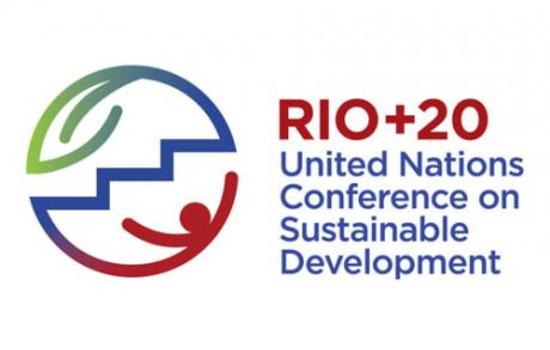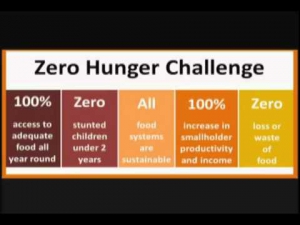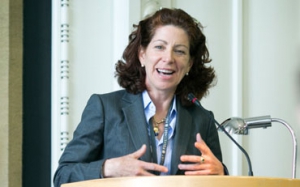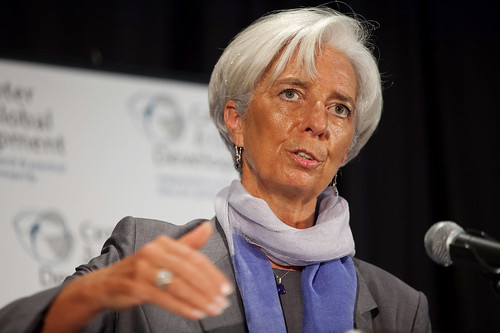On Monday, July 23, 2012 the Center for American Progress hosted Ambassador-at-Large for Global Women’s Issues, Melanne Verveer for a discussion on “Women’s Economic Success and Global Growth.” Amb. Verveer’s talk focused on the crucial role women play in sustainable development and economic growth worldwide. US women generate $3.5 trillion yearly, and women’s employment in developing countries contributes more to the global economy than China. By 2050, women will control 2/3 of all spending worldwide. Noting that women traditionally spend their earnings in sectors that create a multiplier effect (i.e., health, education, food), Amb. Verveer emphasized the tremendous consumer power women will wield in global markets. She also highlighted growing research that shows how countries where women’s rights are more closely equal to those of men are more peaceful and prosperous than countries that ignore, marginalize or limit the role of women.
Amb. Verveer spoke of three main areas the State Department focuses on increasing the role and influence of women: Economic Empowerment, Women in Development, and Peace and Security. Within the Women in Development sector, three initiatives discussed fit squarely within Integra’s areas of expertise: Feed the Future (Agriculture), Global Climate Change Initiative (Environment) and mWomen (Information and Communications Technology).
Agriculture: Women are vital to agricultural development, often making up the majority of farmers in developing countries and the backbone of agriculture-based economies. FAO reports claim that if men and women farmers had equal access to credit, training, property rights and technical inputs, yields could improve 20 to 30 percent and the number of malnourished people worldwide could be reduced by 150 million people.
Environment: Women bear the burdens of climate change disproportionately more than men. Yet women are uniquely empowered to address climate change because of their central role in agriculture, forest management, and running the home (i.e., making crucial energy decisions as pertains to energy sources used in the home).
ICT4D: Increased technological access creates opportunities for financial security and independence. With mobile access, women are able to gain information about the current market, including data on pricing and weather systems, in addition to business insights and trainings, access to support networks, and the ability to transfer and save funds. “The significance of mobile technology cannot be underrated,” said Ambassador Verveer, who emphasized both the economic and social value of mobile technology. While 350 million women still do not have access to cell phones, the State Department is working to bridge this gap in connectivity through various initiatives, including the GSMA mWomen initiative. mWomen is committed to reducing this gender gap in connectivity by 50%.
In each development sector highlighted, Ambassador Verveer reiterated that gender equality is not only smart economics, but in line with US values and “a moral imperative of the 21st Century.” While the State Department and USAID continue to add gender guidance components to trainings and major international initiatives, true change will only be achieved once gender equality becomes institutionalized and integrated across all bureaus. Women’s rights need to be viewed as human rights essential to fostering economic growth, social stability and a more peaceful prosperity worldwide.
To view full event video, click here. To read Ambassador Verveer’s article on “Why Women Are a Foreign Policy Issue,” click here.










































